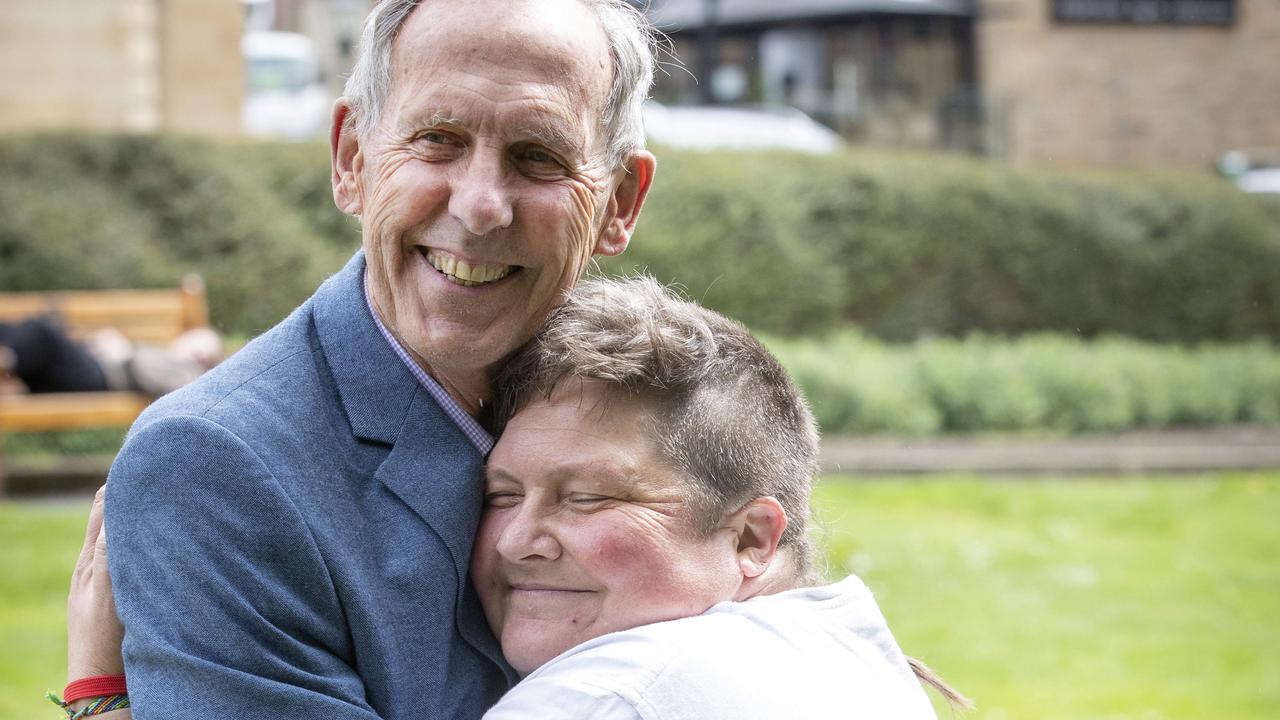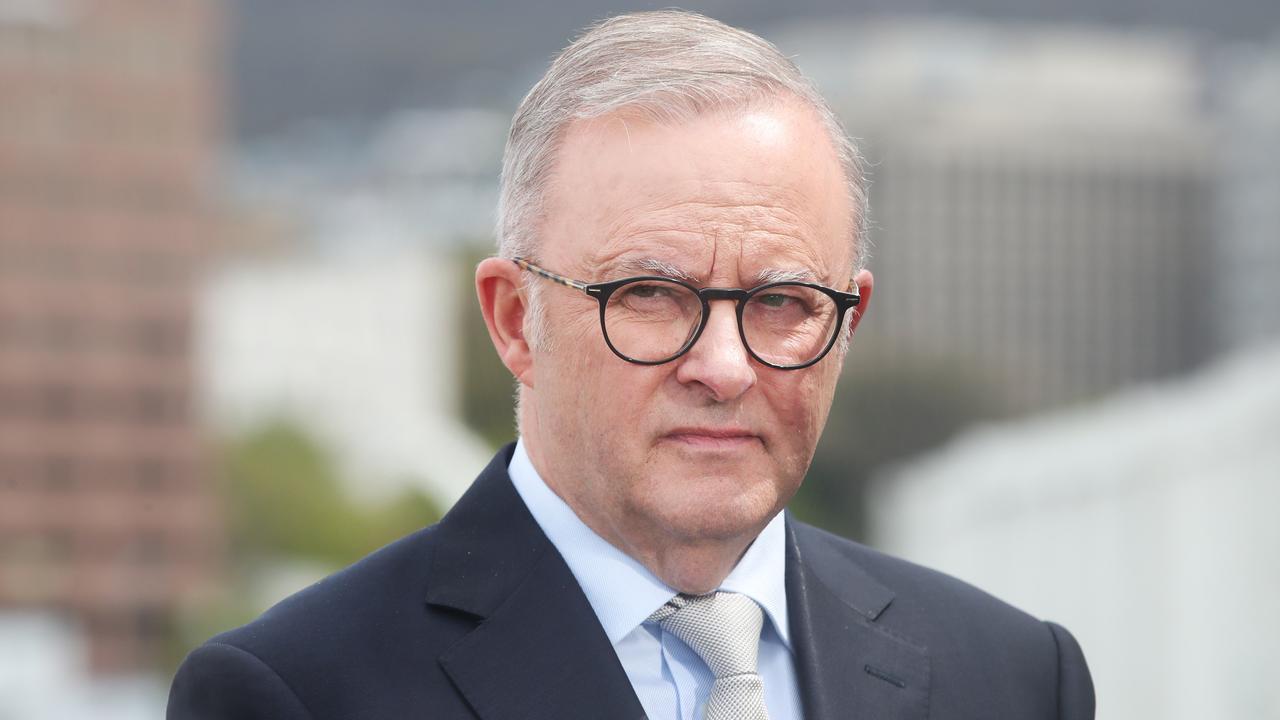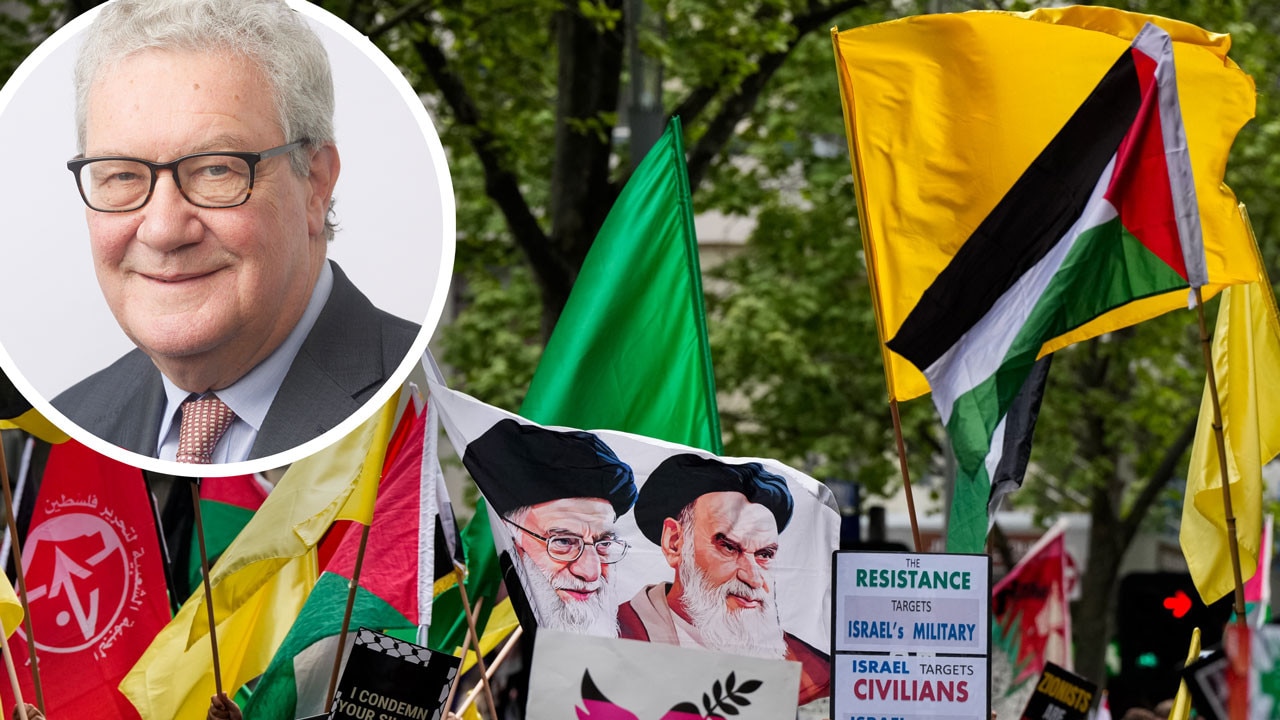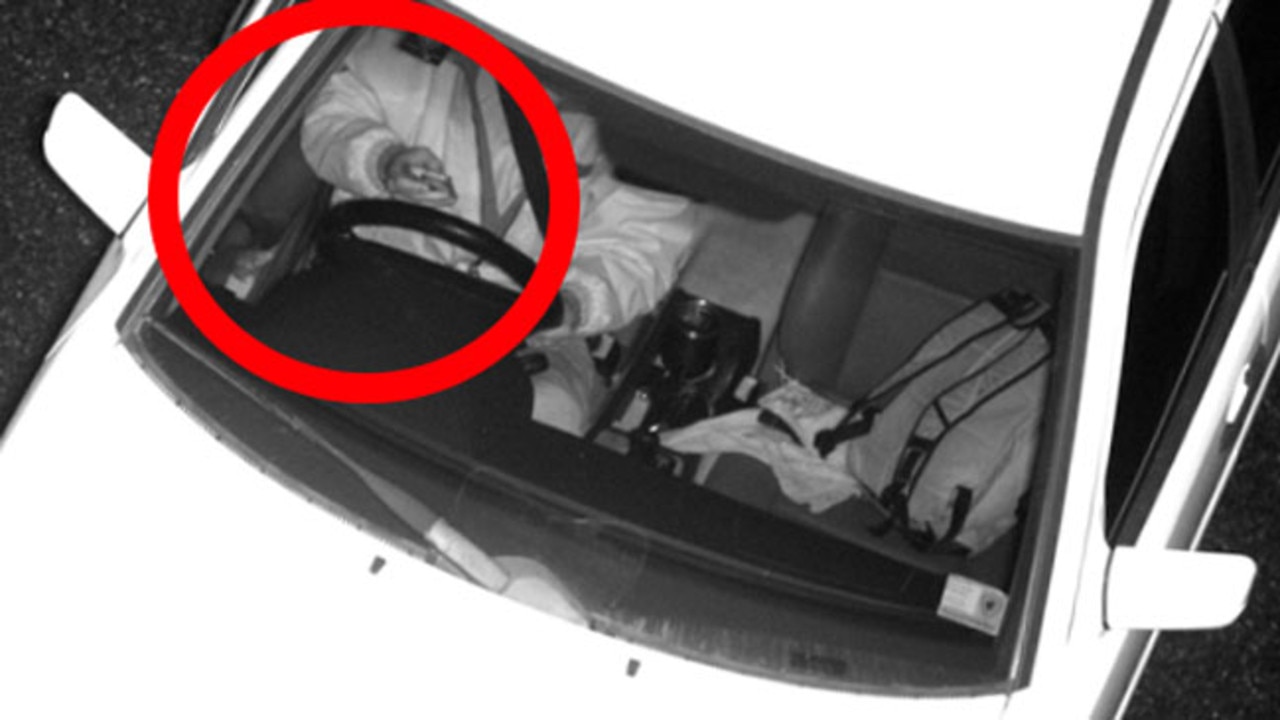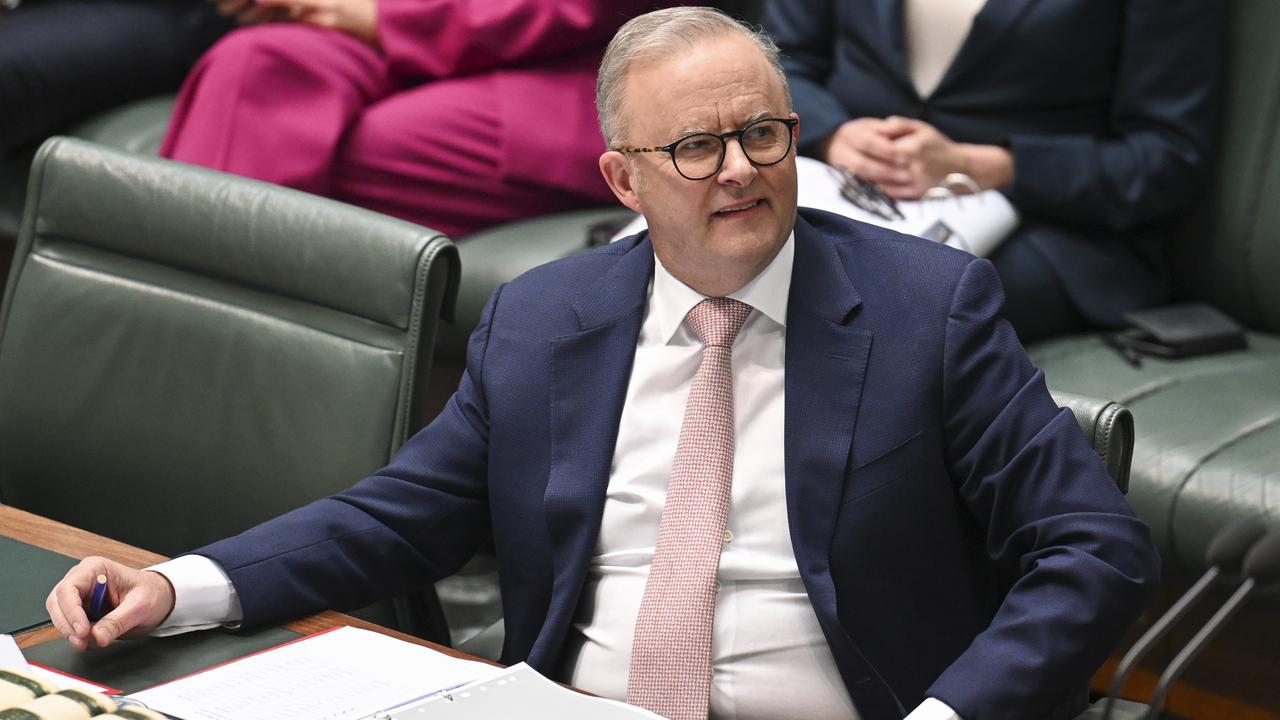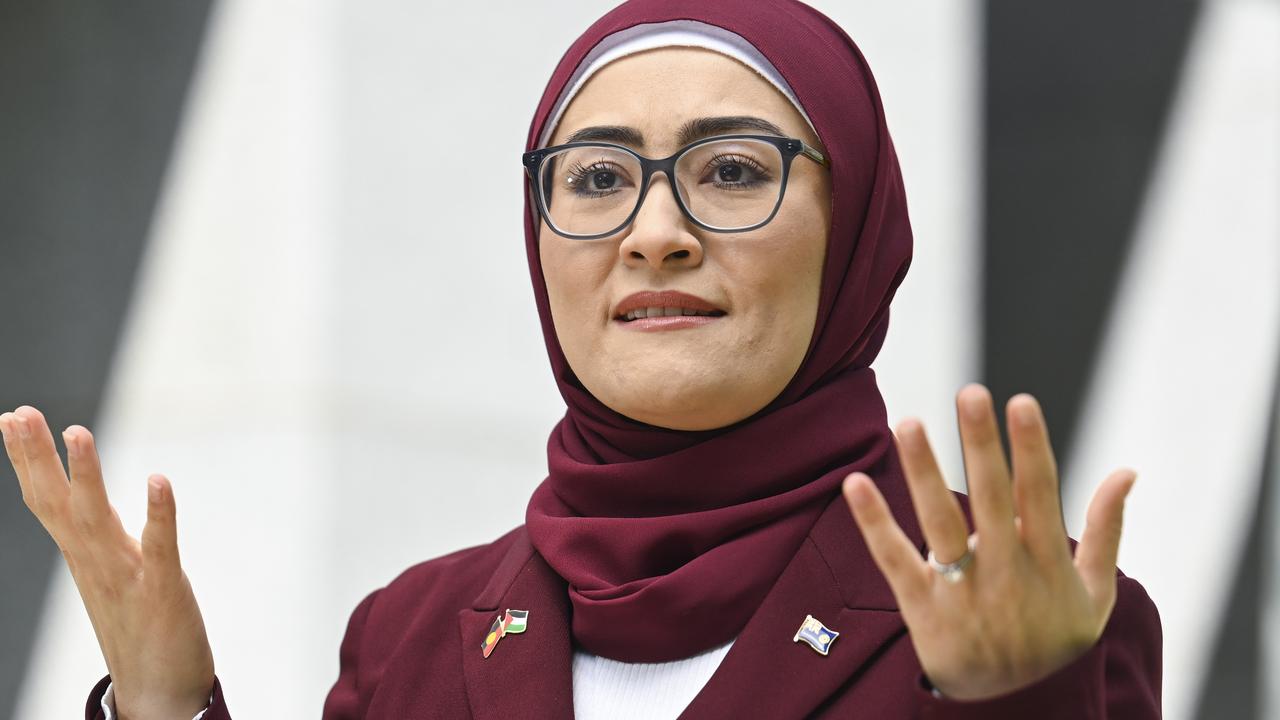Why the media doesn't always 'name and shame'
I WANT to try and explain why we, as journalists in Queensland, don't "name and shame" people charged with domestic violence and sexual offences.
Opinion
Don't miss out on the headlines from Opinion. Followed categories will be added to My News.
I WANT to try and explain why we, as journalists in Queensland, don't "name and shame" people charged with domestic violence and sexual offences.
In my time covering crime and court proceedings on the Fraser Coast, I don't think I've ever published an article online dealing with these abhorrent offences that wasn't followed with calls from the community, usually through social media, to name the person I'm reporting on.
FRASER COAST TOP STORIES
Grazier shares water woes amidst drought declaration push
Man rescued after night on jetski fined for drug possession
38 new jobs from M'boro-Hervey Bay Rd upgrade
Maryborough and Bay set to break records in heatwave
I understand the frustration from members of the community when information is withheld in articles, but there are a few reasons why we do not name these convicted or alleged criminals.
As a media outlet, we are obliged under law to protect the victims of these crimes above all else.
When officers of justice; police, magistrates, judges, provide us with information, they trust that we know what we can and cannot publish at that time.
Often in domestic violence situations, but also sexual violence situations, naming the accused or convicted person also identifies the victim/victims, as they often share a last name or are known to be connected to each other.
Therefore, if we as a media outlet named the accused, we could also be identifying the victim, and breaking the law.
Not only can naming a domestic violence or sexual offender affect the victim, but it can also affect businesses, organisations, or any public group associated with the accused.
Providing too much information can affect the course of justice and can see trials aborted.
Some victims of domestic or sexual crimes find strength in speaking out about their experiences; 2015 Australian of the Year Rosie Batty for example, but most, for obvious reasons, wish to remain anonymous.
We as journalists, and the entire community, do not have the right to take away their anonymity without their permission.
Not only is it against the law, but in my opinion it is against human rights, to identify a victim of such horrific acts.
As important as it is to hold people accountable for their actions, and carry out our roles as the objective broadcasters of the justice system, the protection of those who have already suffered far too much is much more important than "naming and shaming".
Originally published as Why the media doesn't always 'name and shame'

